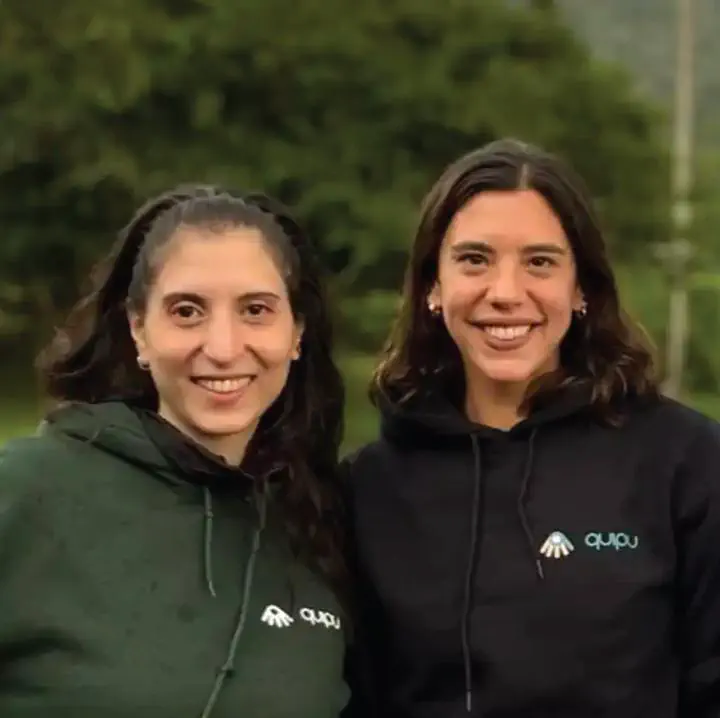Quipu: Leveraging AI to build an alternative credit score for informal businesses in Latin America

Abstract
At Quipu, we operate in a domain characterized by limited available data for building and refining credit scoring algorithms for underbanked populations. To overcome this challenge, we have undertaken various unconventional approaches to acquire our own data, including the collection of self-reported data, access to open banking records, and the analysis of images and videos. However, a paramount concern for us in our data processes is the assurance of fairness. Our approach is simple: do no harm. We are steadfast in our commitment to avoid any inadvertent discrimination within an already marginalized population. To achieve this, we have implemented rigorous monitoring practices for potential bias related to factors such as gender, age, and region, ensuring equitable access to our financial services. In this presentation, we will provide insights into Quipu’s approach, demonstrating how we harness the power of AI to extend lending opportunities to informal micro-businesses and offering a glimpse into the future of our work.
Resources for Attendees
Seminar Details
Presenter Bio
Viviana Siless is a full-time professor and researcher of AI at the School of Business at the University Torcuato Di Tella. She obtained her master’s degree in Computer Science at the University of Buenos Aires Argentina, and her Ph.D. from the University Paris-Sud/INRIA, under the supervision of Bertrand Thirion and Pierre Fillard. She spent 6 years as a postdoctoral fellow at the Martinos Center, MGH, Harvard Medical School. Her research work in computational neuroimaging focused on improving the diagnosis of neurological diseases by using MRI. Her work focused on unsupervised hierarchical clustering, graph matching, multi-modal 3D surface generation, multi-modal registration, and deep learning for data harmonization. Before her PhD, she worked 4+ years as a full stack software developer. In 2018 she co-founded Quipu Bank, to improve liquidity in the informal economies of LatAm. Viviana is the CTO, and directs the technical team, and leads the AI credit score building and the blockchain development and definitions.
Mercedes Bidart is the co-founder and CEO of Quipu Bank, a platform that enables communities to re-design their economies by changing the way micro-businesses’ credit assessment is done. She is passionate about the potential of technology to foster civic and economic collaboration in marginalized communities. Her passion to build economic justice stems from her experience in her home country, Argentina, where she ran community development projects in informal settlements with the NGO TECHO and worked for CIPPEC’s Cities Program building capacity across local governments in Latin America. She moved to the US in 2017 to pursue a Masters in City Planning at MIT. While at MIT, beside building Quipu, she collaborated with the Community Innovators Lab, U.Lab, MIT CREATE, the SPURS Program and Presencing Institute’s ‘Societal Transformation Lab’, a global network of teams leading system change initiatives. After MIT, she moved to NYC to advise the Deputy Mayor for Policy Strategy of the City on ‘new economy’ strategies to support minorities and women owned businesses. Mercedes’ work was featured in Forbes, Norman Foster Stories, and El Pais; and was awarded by SOCAP, MIT Innovation Initiative, MIT DesignX Accelerator, World Bank Youth Summit, IDB Lab among others. Quipu was awarded by Fast Company as one the ten most innovative companies in LATAM in 2022 and Accion Center of Financial Inclusion as one the world’s 50 more inclusive fintechs. She holds a master degree from Massachusetts Institute of Technology (Fulbright Scholar) and a Bachelor in Political Science from the University of Buenos Aires.